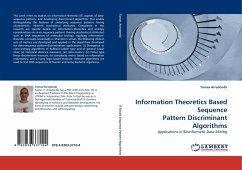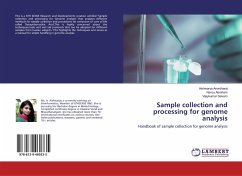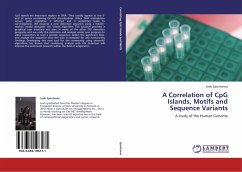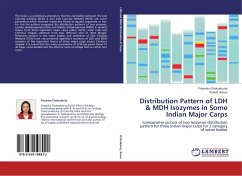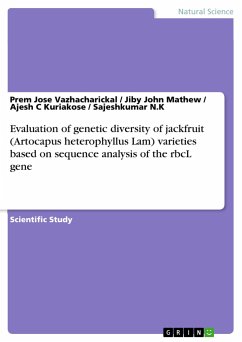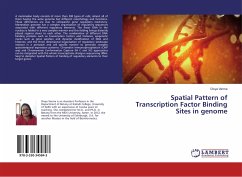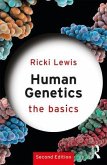This work refers to studies on information-theoretic (IT) aspects of data-sequence patterns and developing discriminant algorithms that enable distinguishing the features of underlying sequence patterns having characteristic, inherent stochastical attributes. Considered in this research are specific details on information-theoretics and entropy considerations vis-á-vis sequence patterns (having stochastical attributes) such as DNA sequences of molecular biology. Applying information-theoretic concepts (essentially in Shannon s sense), the following distinct sets of metrics are developed and applied in the algorithms developed for data-sequence pattern-discrimination applications: (i) Divergence or cross-entropy algorithms of Kullback-Leibler type and of general Czizár class; (ii) statistical distance measures; (iii) ratio-metrics; (iv) Fisher type linear-discriminant measure; (v) complexity metric based on information redundancy; and a Fuzzy logic based measure. Relevant algorithms are used to test DNA sequences of human and some bacterial organisms.
Bitte wählen Sie Ihr Anliegen aus.
Rechnungen
Retourenschein anfordern
Bestellstatus
Storno

